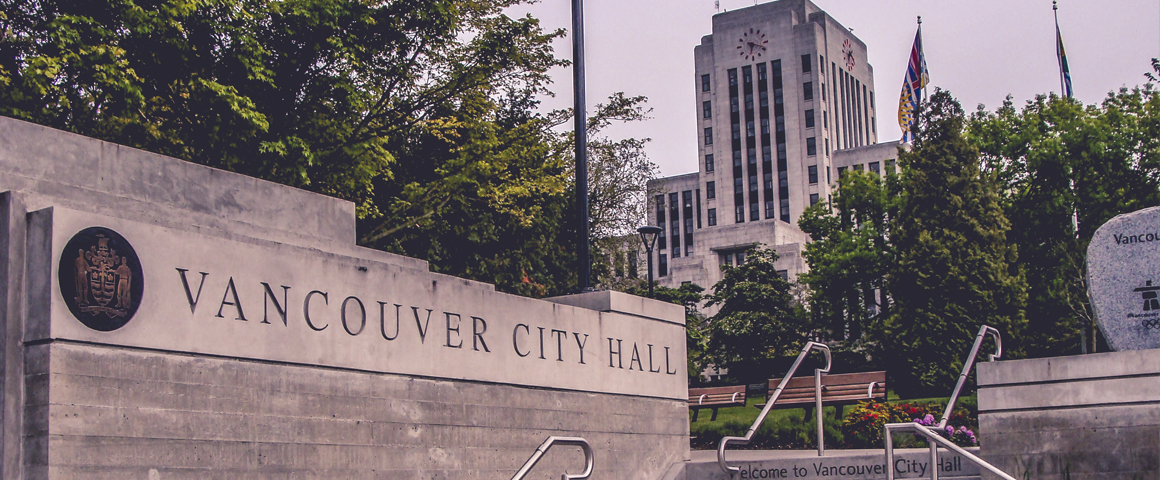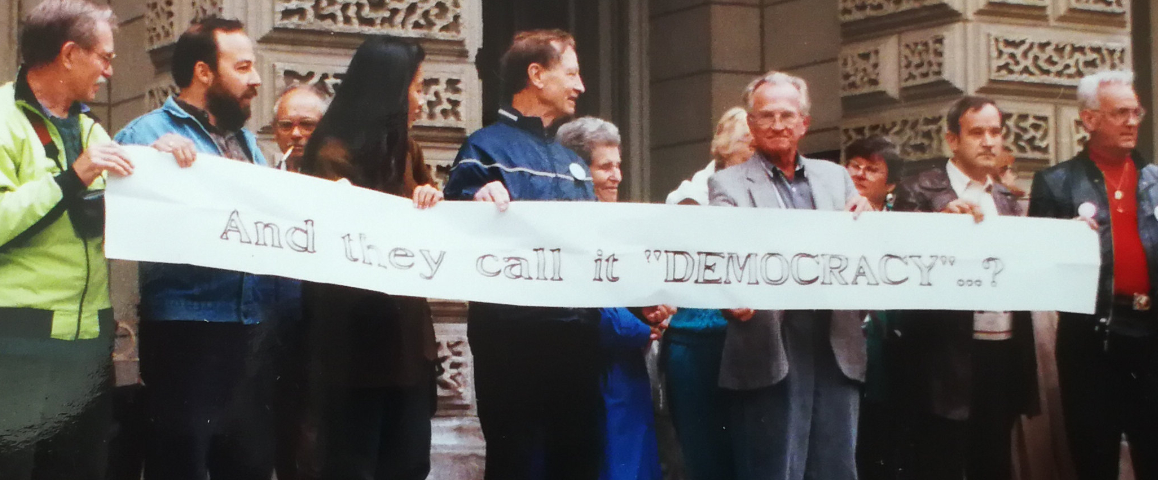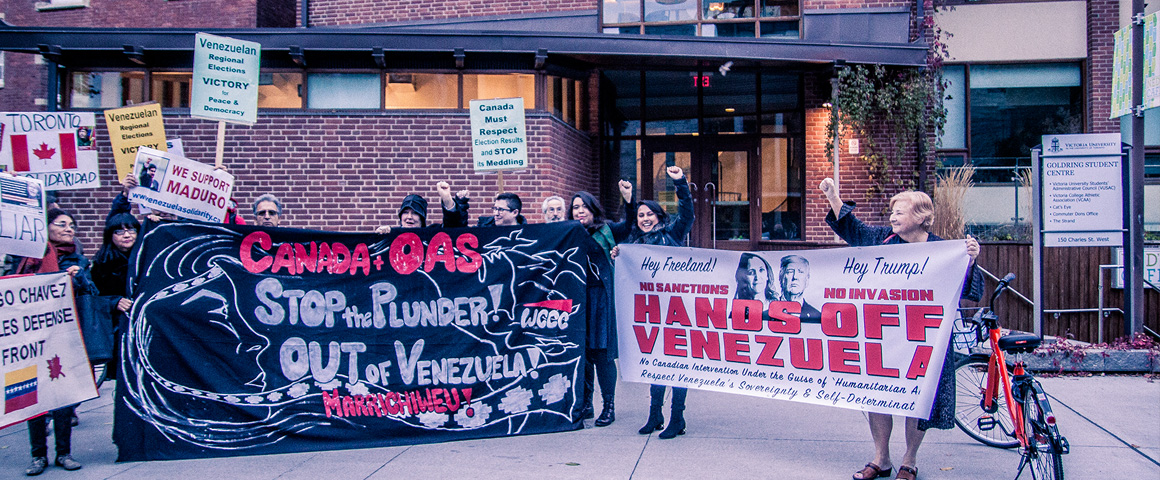It’s a tradition we inherited from one of our predecessor publications, the Pacific Tribune. Every municipal election year in BC, readers contact the PV office, asking about recommendations for city councils and school trustees. Sometimes we offer detailed advice based on the positions of candidates and parties, and the well-informed opinions of labour and people’s movements. But the situation remains complicated and cloudy in Vancouver this spring. A growing field of candidates and slates are entering the race across the spectrum, reflecting a loss of support for the major parties – the centrist Vision Vancouver, which has squandered most of the political goodwill it carried into office a decade ago, and the traditional right-wing Non-Partisan Alliance, which is splitting just when it appeared the 2018 campaign was theirs for the taking.
Unfortunately for working people in this highly expensive version of Shangri-La, there is still no apparent progress in the Labour Council’s efforts to promote a unified progressive slate. That leaves the situation wide open and unpredictable, at a time when new provincial restrictions on donations and spending should meant an end to Vancouver’s multi-million dollar campaigns, fuelled by massive injections of developer and resource corporation cash.
We will continue to call for unity among all the forces which offer alternatives to the developer-driven housing crisis in Vancouver, instead of catering to the interests of profiteers. In our view, this includes COPE (which has steered away from its sectarian positions of recent years), the Jean Swanson left-wing campaign group, One City, and the Greens (who unfortunately seem determined to put their own partisan interests first). The entry of Squamish chief Ian Campbell into the race as a Vision mayoralty candidate is an interesting twist, but comes too late to make voters forget his party’s track record of broken progressive promises.




